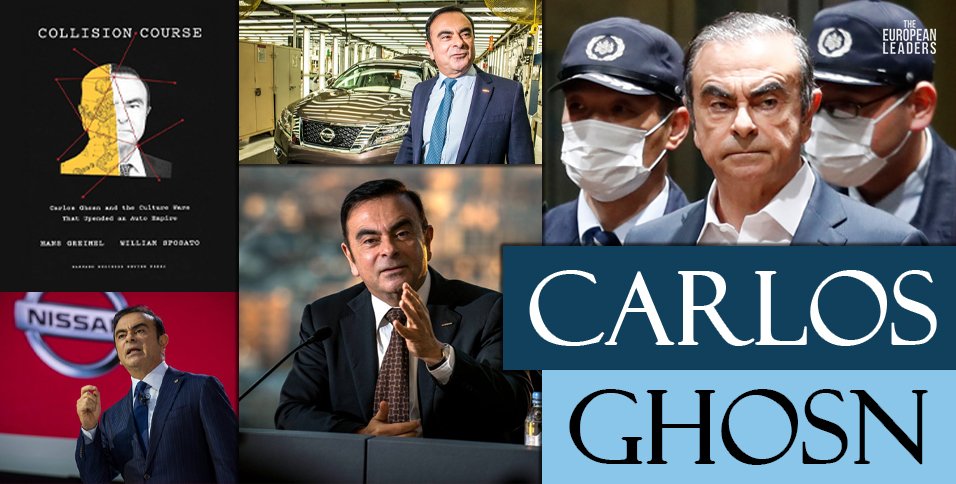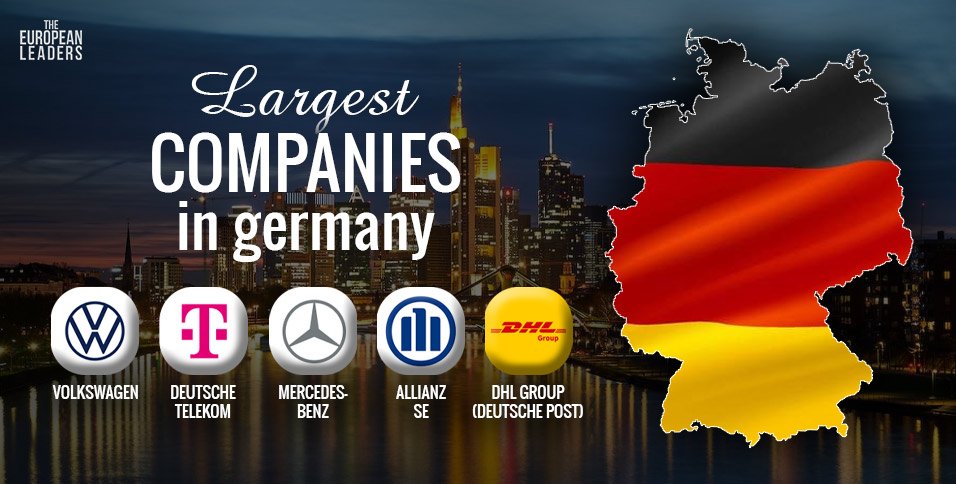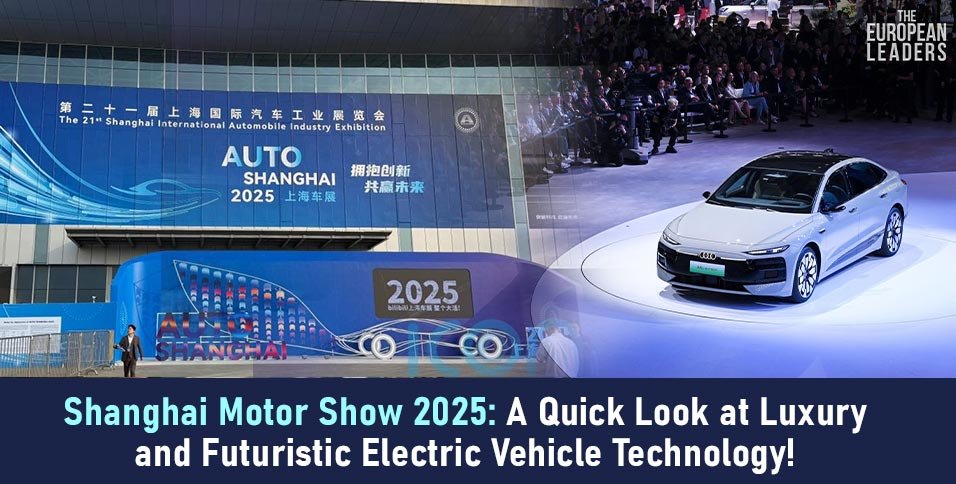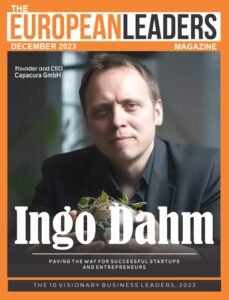What makes a leader unforgettable? Is it their success, bold decisions, or the controversies they spark? The story of Carlos Ghosn has it all. Born in Brazil to Lebanese parents, his journey took him from humble beginnings to reshaping global giants like Nissan and Renault. Along the way, he became a pioneer of electric vehicles and formed powerful automotive alliances. However, his remarkable career faced challenges with legal troubles and a daring escape that stunned the world. The life of Carlos Ghosn is a mix of innovation, resilience, and intrigue, offering lessons and questions that continue to captivate the business world.
1. Born on March 9, 1954, Into a Lebanese-Brazilian Family
Carlos Ghosn was born on March 9, 1954, in Porto Velho, Brazil. His family had Lebanese roots, and his grandfather, Bichara Ghosn, was a successful entrepreneur who built multiple businesses in Brazil. Carlos faced health challenges early in life, prompting a move to Rio de Janeiro when he was just two years old. Later, he relocated to Beirut, Lebanon, where he excelled at a Jesuit school known for its academic rigor.
Carlos Ghosn’s journey continued in Paris, where he studied engineering at two prestigious institutions: École Polytechnique and École des Mines de Paris. These experiences prepared him for his impactful career in the automotive industry.
2. Graduated from France’s Most Prestigious Engineering Schools
Carlos Ghosn began his career at Michelin, a global leader in tire manufacturing. Over 18 years, he worked his way up to become the Chief Operating Officer (COO) of Michelin North America. During his tenure, he played a key role in restructuring operations after Michelin acquired Uniroyal Goodrich. His strategies improved operational efficiency and profitability significantly.
In 1996, Carlos Ghosn joined Renault. He quickly made his mark by implementing strategies that helped Renault recover financially. His tough decisions showcased his determination to turn struggling companies into success stories.
3. Began His Career at Michelin and Made History at Renault
Carlos Ghosn joined Nissan as COO in 1999 when the company faced immense financial challenges. To address these issues, he launched the “Nissan Revival Plan.” The plan aimed to clear over $20 billion in debt and achieve a profit margin of 4.5% within three years. His bold measures, such as cutting 21,000 jobs and shutting down five plants, faced resistance but yielded results. Within just one year, Nissan became profitable again.
Under Carlos Ghosn’s leadership, the Renault-Nissan Alliance was solidified in 1999. This partnership allowed both companies to share technologies and resources, boosting their competitiveness. The alliance later expanded to include Mitsubishi Motors in 2016, creating one of the world’s most formidable automotive groups.
4. Carlos Ghosn Took a $5 Billion Bet on Electric Vehicles in 2007
Carlos Ghosn’s vision extended beyond immediate business goals. In 2007, he invested €4 billion (over $5 billion) to develop electric vehicles (EVs). This initiative led to the launch of the Nissan Leaf in 2010, the world’s first mass-market electric car. The move helped Nissan secure a strong position in the growing EV market, aligning with global sustainability goals.
Carlos Ghosn understood market trends and made bold investments. His efforts contributed to advancing the automotive industry’s shift toward environmentally friendly technologies.
5. The Arrest of Carlos Ghosn Marked a Turning Point in Corporate History
Carlos Ghosn’s remarkable career faced a turning point in 2018. He was arrested in Japan on charges of financial misconduct, including underreporting his income and misusing company funds. Carlos Ghosn denied the allegations, claiming they were part of a conspiracy within Nissan.
In December 2019, Carlos Ghosn made headlines again. He escaped from Japan to Lebanon, hidden inside a musical instrument case. This dramatic escape sparked widespread discussions about corporate governance and ethical practices in the automotive industry.
6. Still at Highs with a Net Worth Over $120 Million
In 2018, Carlos Ghosn’s last recorded net worth was $70 million. Adjusted for inflation, this would be approximately $120 million today. This decline reflects the impact of his legal battles and the loss of his corporate roles. At his peak, Carlos Ghosn was one of the highest-paid executives in the global automotive sector.
7. Carlos Ghosn Plans to Transform the Automotive Industry in the Future
Carlos Ghosn has expressed a desire to stay connected to the automotive industry. However, legal controversies have limited his ability to take on leadership roles. He has also focused on aiding Lebanon by proposing plans to boost the country’s economy.
Carlos Ghosn continues to speak about business practices and corporate governance. His ideas influence conversations in the global business community, showing his ongoing relevance despite past challenges.
By blending strategic vision, leadership skills, and adaptability, Carlos Ghosn reshaped the automotive industry. While his controversies remain topics of debate, his contributions to business innovation and electric vehicles are undeniable.
Conclusion
Carlos Ghosn’s journey reflects both triumphs and challenges. He transformed the automotive industry with bold decisions and innovation. Despite controversies, his impact on electric vehicles and global partnerships remains significant. Carlos Ghosn continues to inspire debates on leadership, strategy, and resilience. His story shows how vision and determination can shape industries, even amid setbacks. By staying relevant in discussions, Carlos Ghosn influences future business strategies and global trends, leaving a lasting legacy in the automotive world.
FAQs
- What does Carlos Ghosn do now?
Carlos Ghosn lives in Lebanon and engages in teaching, mentoring startups, and sharing his expertise in business strategy. He also participates in writing and public speaking, including promoting his book about the automotive industry.
- Is Carlos Ghosn a free man?
Yes, Carlos Ghosn is a free man in Lebanon, where he holds citizenship, preventing extradition to Japan. Although he faces charges in Japan and remains a fugitive under Interpol’s red notice, he has not faced legal action in Lebanon.
- Did Ghosn save Nissan?
Yes, Carlos Ghosn is credited with saving Nissan through the “Nissan Revival Plan” in the late 1990s. His cost-cutting measures, plant closures, and focus on new product development turned Nissan into one of the industry’s most profitable automakers.
- How long was Carlos Ghosn CEO?
Carlos Ghosn served as CEO of Nissan from June 2001 to April 2017, leading the company through significant transformations after joining as COO in 1999.
- What is the Nissan controversy?
The Nissan controversy centers on Carlos Ghosn’s alleged financial misconduct, including underreporting his income and misusing company funds. Arrested in Japan in 2018, Ghosn claims his arrest was a conspiracy by Nissan executives opposing deeper Renault integration. His 2019 escape to Lebanon intensified the global spotlight on his case.








